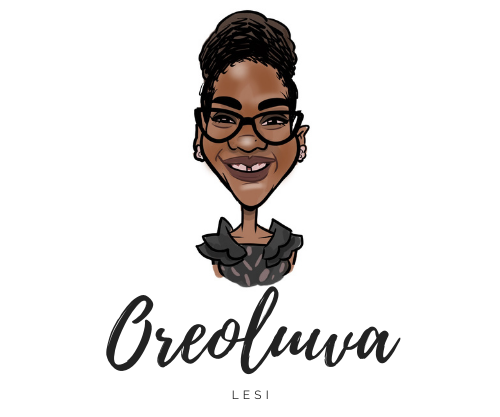
“What do you want to be when you grow up? A doctor? A lawyer? An accountant? A banker? Or an engineer?”
As a child the options for work seemed so limited to me, especially as none of the often-listed careers appealed to me.
Although a big horror fan back then, I was squeamish nonetheless, so being a doctor was out.
I loved watching LA Law. The quick-thinking of the lawyers and the fast pace of the courtroom drama was exciting, but there were many lawyers in my family and I got to realise that it took them much longer than a one hour-long episode to resolve their cases.
The jobs that somewhat interested me were so far removed from my reality that they seemed impossible.
Think dancer, actress, astronaut, writer, journalist.
The second problem was that I expected my course of study at university to neatly correlate with the job I ended up doing.
Now, I know that life is filled with zig zags, pivots and u-turns and that you can get to almost anywhere you want to be from anywhere else.
I did not know all this as an eight year old. I expected that my life’s path would be linear and straightforward.
I also did not know that one day jobs would exist that no one in 1984 had heard of. Blogger. Vlogger. Influencer. Data Scientist.
And therein emerges a crucial question: How are we to properly guide young people to make smart decisions for themselves that will ensure they get the opportunity to do work that they enjoy and for which they are remunerated for well? How do we do that when most of the jobs they will do likely do not exist today?
My six year old daughter wants to be an artist, teacher, book writer, chef and business woman. Yes, all those things.
My four year old son wants to become a doctor. Just that.
They are both so young that I know that it’s very likely they will change their minds on what they want to do. It’s also highly possible that these jobs would have evolved so much within the next 15 to 20 years that might look completely different from what they look like today. And that evolved job description might no longer interest or excite them.
A teacher might be adapting curriculum and recording classes and have limited engagement with students.
A doctor might be overseeing the programming for the robots that dispense the medical care.
Who knows what the future will bring?
So, how do I support my children as they prepare for their unknown future?
- Well, I will start with paying attention to and encouraging them to develop their interests. In my day, this was through courses, private study, volunteering and work experience.
In their day, it might look different, but I’m sure the outcomes will be the same: exposing them to new ideas, helping them develop new skills and widening the scope of what they think is possible.
“Curiousity killed the cat” was a popular saying when I was growing up. I can’t remember the last time I heard anyone say it and there’s a good reason for that.
All the innovations we enjoy today are as a result of people asking questions and wondering how to make things better.
Children are already incredibly inquisitive, but well-meaning adults extinguish their natural curiousity.
- So, I want my children to be endlessly curious and to explore their interests. I would like them to ask questions of me, of themselves, of others and to try to figure out the answers to those questions.
Since I can’t see into 2041, this is the best that I can do. I hope and trust that it will be enough.

Recent Comments